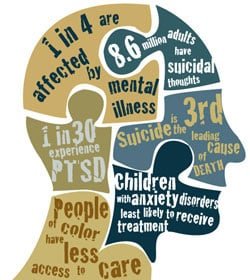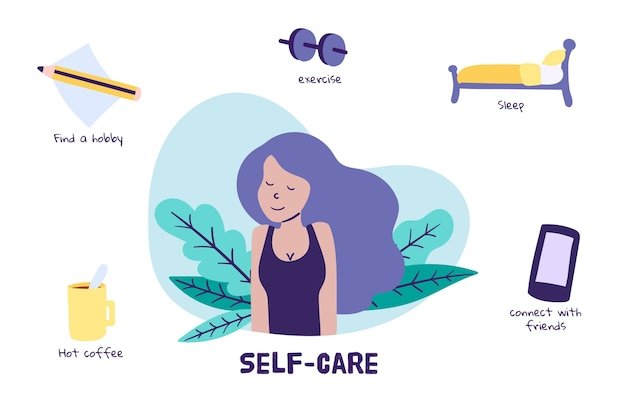Navigating the Burden of Regrets: A Conversation with a Compassionate Psychiatrist
Deep Thinking | 528 Visits

Regrets are a natural part of life. We all experience moments when we wish we had acted differently or made better choices. However, dwelling on regrets can become a heavy burden, hindering our emotional well-being and personal growth. In this article, we delve into a conversation between a compassionate psychiatrist and her client, exploring effective strategies for managing the weight of regrets and fostering a healthier mindset.
Dr Glexpace: Good morning, Sarah. I hope you're doing well today. Last week, you mentioned the burden of regrets that has been weighing you down. Let's explore how we can work together to alleviate that burden.
Sarah: Thank you, Dr. Glexpace . It's been challenging to move forward when I constantly replay past mistakes in my mind.
Dr. Glexpace: I understand how regrets can consume our thoughts and emotions. It's crucial to remember that everyone makes mistakes; it's a part of being human. Firstly, it's essential to acknowledge and accept that we cannot change the past. What we can do is focus on learning from our experiences.
Sarah: That's a perspective I haven't fully embraced yet. How can I shift my mindset towards growth rather than dwelling on what went wrong?
Dr. Glexpace: One effective approach is to practise self-compassion. Treat yourself with the same kindness and understanding you would offer a dear friend. Understand that making mistakes is an opportunity for growth, and it doesn't define your worth as a person. Instead of criticising yourself, reflect on what you've learned from the situation and how you can apply those lessons moving forward.
Sarah: That sounds more productive than beating myself up over past mistakes. But how do I stop dwelling on them?
Dr. Glexpace: Engaging in self-reflection is healthy, but dwelling on regrets can be counterproductive. One strategy is to set aside dedicated time for reflection, such as journaling. Write down your regrets, emotions associated with them, and the lessons you've learned. This helps externalise your thoughts and feelings, making them more manageable. Remember to focus on growth and let go of what you cannot change.
Sarah: Journaling sounds like a practical approach. What other strategies can I implement in my daily life?
Dr. Glexpace: Cultivating mindfulness can be tremendously beneficial. Mindfulness involves being fully present in the moment, non-judgmentally observing your thoughts and emotions. When regrets resurface, acknowledge them without getting entangled in the spiral of negative thoughts. Instead, redirect your attention to the present, engaging in activities that bring you joy and fulfilment. It takes practice, but over time, mindfulness can help you break free from the grip of regrets.
Sarah: That's a valuable technique. I'll make a conscious effort to be more present and focused on the positive aspects of my life. Are there any additional strategies that can complement these approaches?
Dr. Glexpace: Yes, connecting with others who support and understand you can be immensely helpful. Surround yourself with a strong support network, whether it's friends, family, or a support group. Share your feelings and experiences, and allow yourself to receive empathy and encouragement. Engaging in activities that bring you a sense of purpose and fulfilment can also counterbalance the weight of regrets, reminding you of your strengths and potential.
Sarah: Thank you, Dr.Ishanya. I feel more hopeful and empowered now. I will start implementing these strategies and gradually release the burden of regrets.
Dr. Glexpace: You're very welcome, Sarah. Remember, healing takes time, and progress is not linear. Be patient and kind to yourself throughout this journey. I'm here to support you every step of the way.
Regrets can become an overwhelming burden if we allow them to control our thoughts and emotions.Remember, the past cannot be changed, but with a proactive mindset, we can learn from our experiences and shape a more fulfilling future.
Thanks for reading!
If you enjoyed please leave a like, join discussion in the comments and share it
with your friends!
Pratyusha941760's Recent Articles







